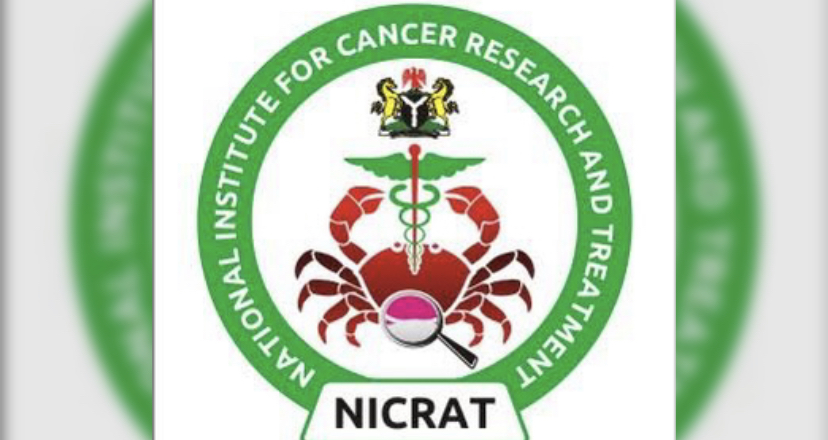By Muhammad Amaan
The National Institute for Cancer Research and Treatment (NICRAT) said the proposed National Cancer Registry aimed at aiding the centralising cancer data in Nigeria is 90 per cent complete and will be ready in six months.
The Director-General of the institute Professor Usman Aliyu, disclosed this on Tuesday in Abuja, during a national workshop on Population-Based Cancer Registration.
The workshop was organised by NICRAT, African Cancer Registry Network (ACRN) and International Agency for Research on Cancer (IARC).
According to him, the Federal Government is desirous of establishing an updated, standardised cancer registry.
“This is so that any time there is need for information regarding cancer incidence, prevalence, morbidity and mortality; it will just be a click away.
“We are going to have a decentralised cancer registry in NICRAT like a kind of a dashboard, where on real time basis you can be having all information.
“If there is any increment in the incidence or mobility, morbidity and mortality, it will appear there.
“So the platform for the cancer registry is almost 90 per cent completed, so we are looking at within the span of five to six months to complete all the processes.”
Prof. Aliyu also said that what was obtainable presently was a mix of key population, but because of the large population of Nigerians, more population-based cancer registry was more appropriate which the agency was working on.
The Coordinator, ACRN, Dr Maxwell Parkin, said that having cancer registries in Africa were important because they would give all the information needed on what’s going on in the cancer space in the continent.
According to him, in Africa, the network of cancer registries only consists of about 35 registers in 22 countries.
“So it’s only about half the countries in Africa that have functioning cancer registry.
“Here in Nigeria, there are about four or five cancer registers that are members of our network, but there are many more registries.
“The idea now is that NICRAT is going to work with us to improve the situation, strengthen and increase the number of cancer registries in Nigeria.”
He, however, said that there were many things to be done to build a network in registers in Nigeria for many years.
Dr Parkin also said that government’s involvement was very important because the registers are there to help understand the nature of cancer problems, the priorities and what needed to be done.
Speaking about registry regulations, he said that not many countries in Africa have regulations at the moment, adding that it was becoming essential now to have a proper regulation for cancer registration.
“To say that we should treat it like other infectious diseases, where people have a duty and the regulations require them to notify cancer cases to the cancer registry.
“So at the moment that only occurs in two other countries, South Africa and Rwanda, and Nigeria is going to be the third country in Africa to have such a regulation in place.”




